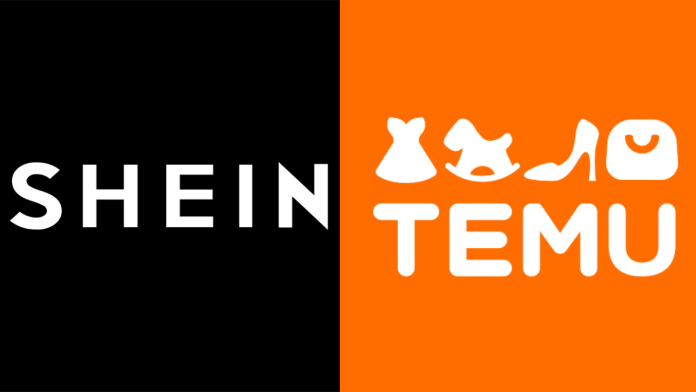Europe is taking strong action to protect its local shops and markets. The European Union has agreed to introduce new tariffs on small parcels that come from non-EU online platforms such as Shein, Temu, and Trendyol. These platforms have been shipping millions of ultra-cheap items into Europe every day, causing major disruption to local businesses and significant tax losses for governments.
For years, products worth less than €150 could enter the EU without paying duties. This made it easier for low-cost platforms outside Europe to sell items at extremely low prices. The EU had originally planned to remove this €150 duty-free rule by 2028, but the timeline has now been fast-tracked to 2026. The decision was made by EU finance ministers during an important meeting focused on restoring fair competition in the European market.
This means the Greek government loses around €200 million in taxes and social contributions each year. Across the EU, nearly 8,000 low-priced items arrive every minute, adding up to €4.6 billion worth of goods in a single year. Customs officers say the system is overwhelmed, and only a very tiny percentage of products—less than 0.01%—are checked for safety. This creates risks for both consumers and honest businesses.
Retailers welcoming the tariffs as a long-awaited relief
Many small shops and local online sellers say they cannot compete with the extremely low prices offered by large foreign platforms. They point out that European businesses follow strict rules, pay taxes, and meet high standards, while imported goods often bypass these obligations.
Retail groups have described the new tariff decision as a major relief. They say it finally gives European businesses a fair chance to survive in an environment flooded with heavily discounted imports. Many shops have seen their sales drop steadily as customers increasingly turn to cheap products sold by non-EU platforms.
Retail organizations warn that a large part of Europe’s retail market could disappear if no action is taken. With the new tariffs, businesses hope the competitive imbalance will slowly shrink, giving them room to recover and grow.
From 39% pain to 15% gain: Switzerland’s long fight for fair trade with U.S. nears victory
Growing concerns about safety, quality, and fairness
Many European officials and trade groups argue that the issue is not only about money. They stress that the massive inflow of unregulated products also raises serious safety concerns. Because customs teams are overwhelmed, most parcels never get checked. This means unsafe toys, low-quality electronics, and items that do not meet environmental standards can easily enter the market.
There are also fears about counterfeit goods and harmful materials in clothing. Products that do not follow European rules can put consumers at risk, especially when they are bought by children or used inside homes.
Another concern is the environmental impact. Millions of small parcels mean huge amounts of plastic packaging and increased carbon emissions. Many of these products are returned or thrown away, creating even more waste. Trade groups believe that placing tariffs on incoming parcels will help reduce the flow of low-quality items and encourage responsible selling practices.
Brazil’s steel industry on alert as fake Chinese steel with forged certificates enters the market
Push for faster action and support for digital transformation
Many retailers worry that the years leading up to 2026 will give foreign platforms more time to dominate the market. Because of this, some European countries have decided to introduce their own fees before the EU-wide rules start.
Romania has already put in place a logistics tax on imported parcels. In Greece, several trade organizations have proposed adding a national fee on parcels worth under €150 until the EU framework becomes active.
Greek trade associations also agree on one key idea: any money collected from these fees should be used only to support the digital transformation of local businesses. They want the funds to help Greek companies improve their technology, build stronger online stores, and compete with global platforms. They also want to help local brands expand beyond Greece and reach international customers.
These organizations believe that strengthening digital tools, improving online visibility, and boosting technological skills are essential for helping European retailers survive in the fast-changing world of global e-commerce.


